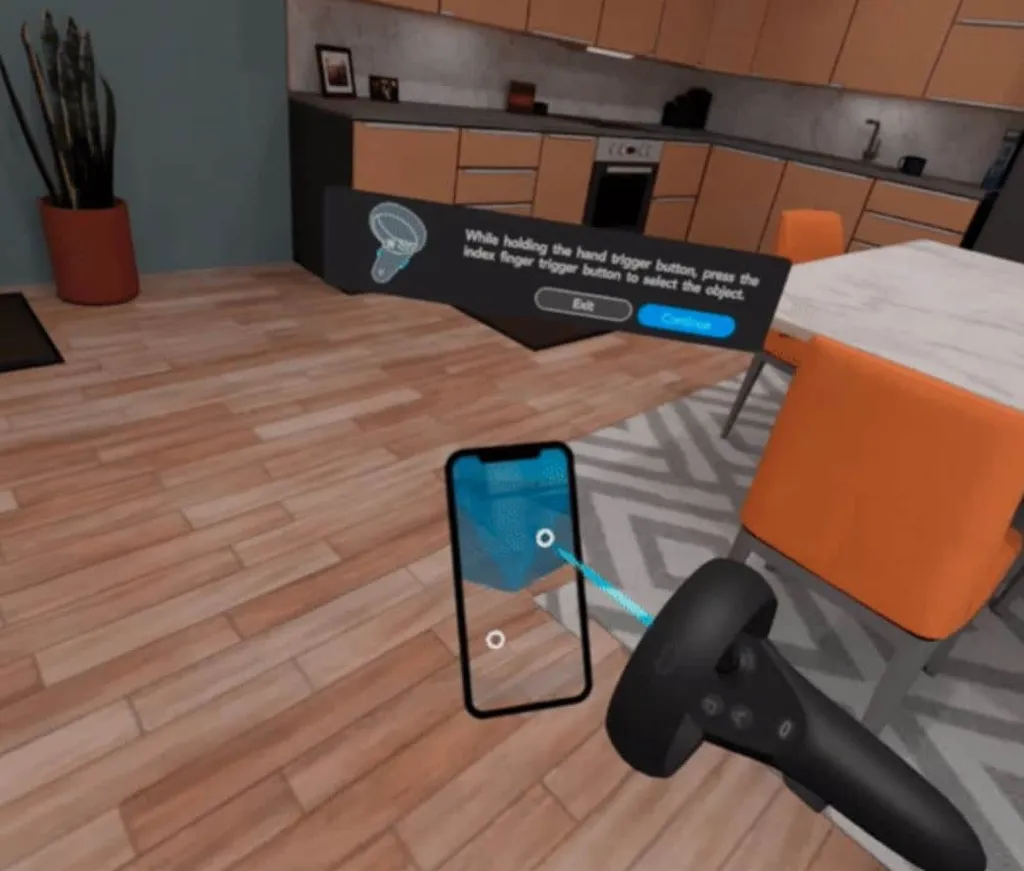Developers of Spark AR effects can now test their creations in VR using an Oculus Quest.

The Spark AR Player is now available for Oculus Quest, which allows developers to test Spark AR effects on a virtual phone in a virtual environment. This allows developers to see how their effects will look in environments that they might not have access to in real life. For example, a developer creating an effect for a public area or art gallery would be able to test how the effect looks in action without physically being at the location.
Spark AR is used by developers to create augmented reality effects that are overlaid on a phone’s camera feed in real time in apps like Instagram and Facebook Messenger. The Spark AR Player for Quest provides a virtual phone or tablet within VR, on which developers can test effects in VR without needing to use a physical phone.
Facebook says Spark AR Player for Quest works best when testing effects that track a target or track something along a plane. It does not support certain features, such as face tracking, face effects, hand tracking, microphone and video features. However, you can test gestures such as tapping and pinching.
The Spark AR Player for Quest should be available to download on the Spark AR site, but at the time of writing the link on the posting may be broken temporarily.
After installing the Spark AR Player on your Quest, the headset will show up in the Spark AR Studio toolbar as an option under ‘Test on Device’, provided your computer and headset are on the same network.
You can read more about testing Spark AR effect on Oculus Quest here.






























